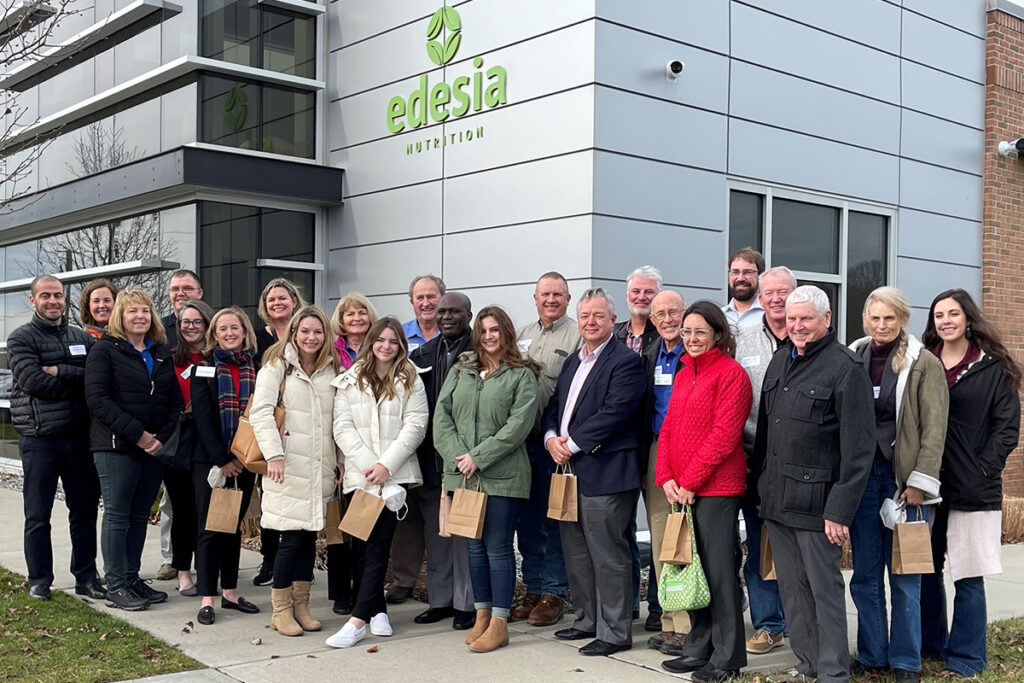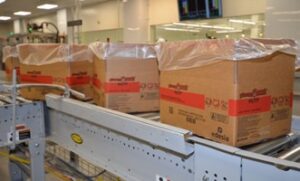
U.S. farmers produce a safe, reliable and consistent supply of food for our country and, through U.S. exports, for many countries globally. While there may be food deserts in the United States where pockets of citizens need periodic food assistance, there are no vast underserved or malnourished populations like those existing in countries where access to quality food and protein is unavailable or limited at best.
In many parts of Africa, Asia and Latin America, thousands of children are not just going to bed hungry — severe malnutrition is widespread and frequently a precursor to life-threatening diseases. The statistics are staggering and hard to fathom. According to the UN World Food Programme, over 30 million children across 15 countries are severely hungry, meaning they suffer from extreme weight loss due to lack of nourishment. Global food security is a crisis of unimaginable magnitude in which America’s 515,000 soybean farmers are playing a vital role to address.
For 15 years, Edesia, a nonprofit social enterprise, has been manufacturing protein-rich food products fortified with U.S. Soy flour at their production facility in North Kingstown, Rhode Island. The packets are shipped around the world and deliver nourishment to millions of malnourished children. Through the World Initiative for Soy in Human Health (WISHH) program, the soy checkoff funds research to verify the advantages of increasing the content of soy in formulations of Edesia’s life-saving products.

These packets are helping build a nutritional bridge to improved health for children in these developing and emerging market countries. It takes almost 170,000 bushels of soybeans to meet Edesia’s annual demand for soy flour in their food products.
Gena Perry, executive director, WISHH, has witnessed the increase in demand for U.S. Soy as Edesia’s efforts to address food security expanded globally.
“Edesia’s research and development team understands soy offers their nutritional product line competitive advantages,” said Perry. “Those advantages include soy’s ability to deliver excellent nutrition and good taste at a competitive price.”
Click here to see more...